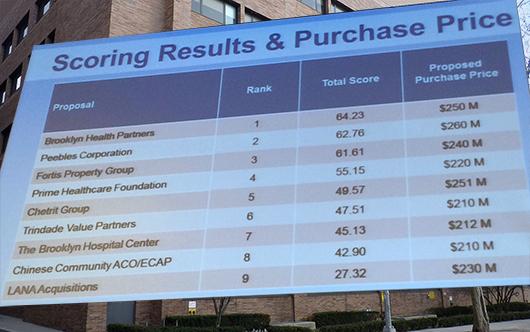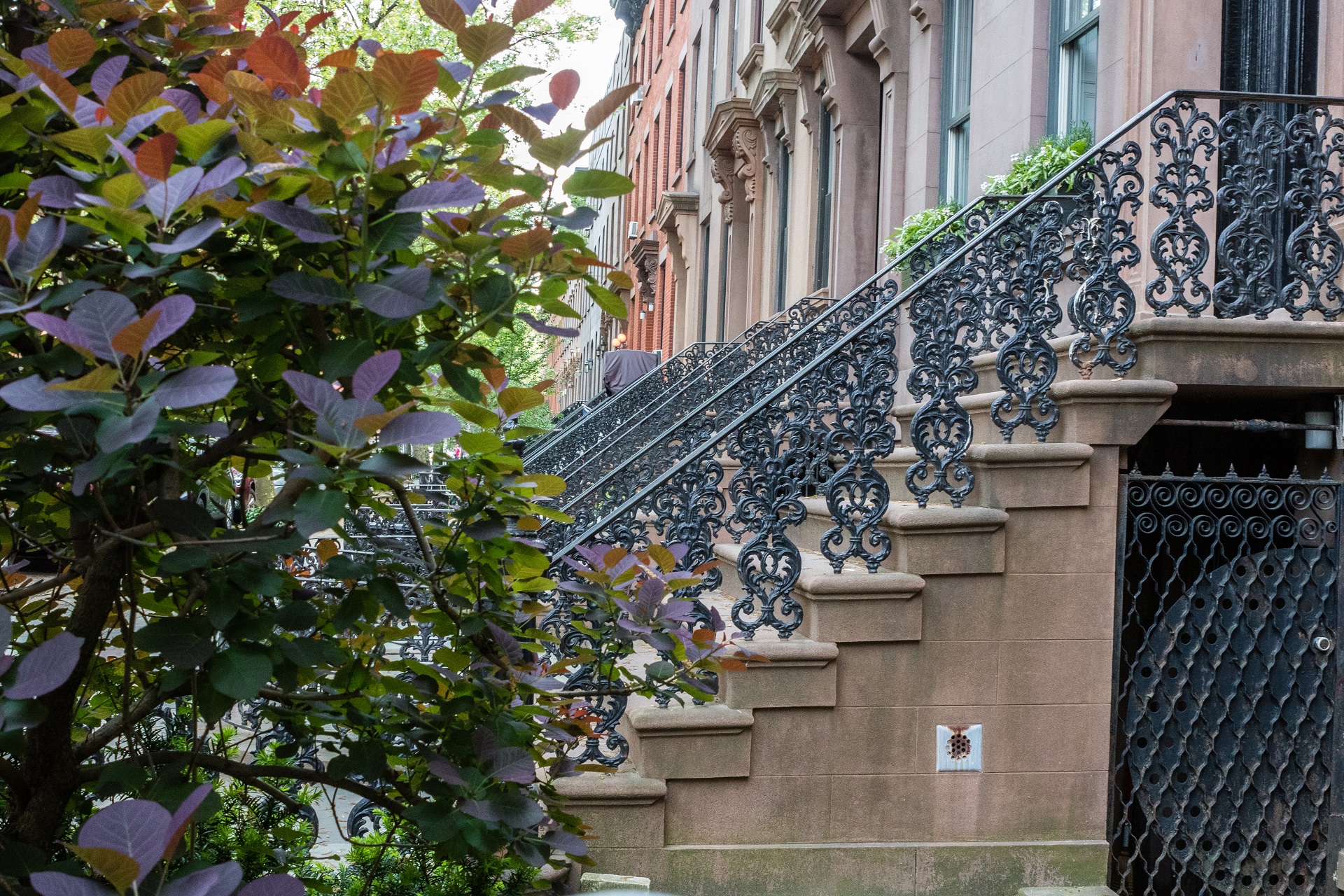Legal action over SUNY scoring could shake up LICH bids in Brooklyn
Successful suit would move Prime Healthcare into second place

Brooklyn community groups and doctors fighting to save embattled Long Island College Hospital (LICH) are headed back to court to ask the judge to throw out some questionable scores submitted by panelists in the state’s RFP (Request for Proposals) bidding process.
If they are successful in their bid, a full-service hospital proposal by the Prime Healthcare Foundation would move into second place, knocking the current second-place finisher into third.
LICH advocates also want the judge to make the State University of New York (SUNY) restore medical services they are required to provide until the May 22 deadline. SUNY has already discontinued a number of services, and plans to stop admitting patients and accepting ambulances starting on May 12.
